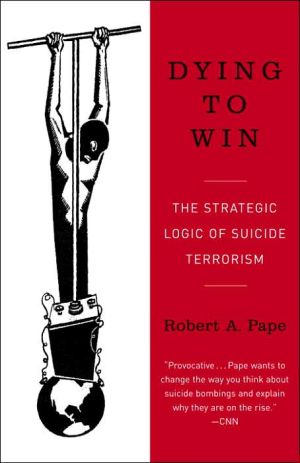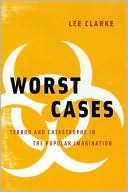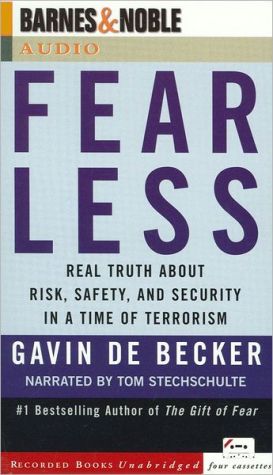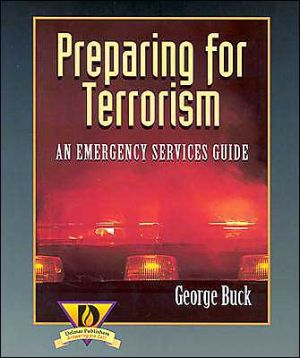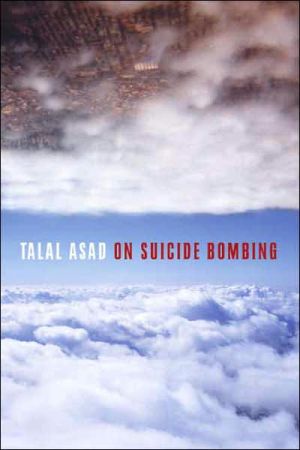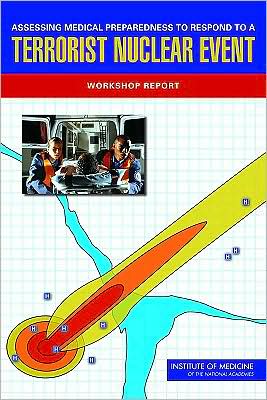Invitation to Terror: The Expanding Empire of the Unknown
Frank Furedi argues that Western culture appears to feed off a diet of terror and inadvertently offers its enemies an invitation to be terrorised. We have not developed an intellectual framework in which to be able to confront the fear of terrorism. The language we use betrays confusion about the threat we face and therefore undermines our capacity to engage with it. Beginning with the question of 'Why do they hate us?' we find ourselves unsure of who 'they' are. Even more unsettling is the...
Search in google:
Frank Furedi argues that what we really need to worry about is not what terrorist do, but our reaction to it. Publishers Weekly Author and University of Kent sociologist Furedi (Culture of Fear Revisited) stakes out a bold position in this exploration of the war on terror-in particular, its "self-fulfilling prophecy" effect, inspiring fear and passivity regardless of the actual danger. The only thing new about the "new terrorism," Furedi claims, is the perception that it's any more sophisticated or effective than terror used to be. Citing the resilience of populations who coped with attacks far beyond the capabilities of today's terrorists-such as the Nazi blitz and the Allied bombings of Hamburg and Hiroshima-Furedi argues convincingly that "terrorism cannot seriously threaten the integrity of society nor undermine the way of life of a nation." Though the British and American governments do have that power, Furedi contends that the war on terror is less a deliberate effort to cow or manipulate than it is a sincere but wrong-headed attempt to mobilize popular support-rooted in fact and genuine concern-by leaders who don't understand that "society can absorb occasional acts of terror," but that people become disoriented and demoralized living in a protracted state of fear. Referencing hundreds of independent studies, government reports and media commentary, Furedi contributes an insightful argument for a realistic, level-headed and self-aware approach to the problem of terrorism. (Dec.)Copyright 2007 Reed Business Information
Acknowledgements viPreface: Why Do They Hate Us? viiIntroduction: Beyond Comprehension xixPerceptions of the Threat 1New Terrorism: A Self-Fulfilling Prophecy 23The Expanding Empire of Unknown Dangers 49A Threat Beyond Meaning 77Enduring Vulnerability 105Perceptions of Terror and a Clash of Cultural Attitudes towards Risk 127So What Is the Problem of Terrorism? 151Refusing to be Terrorized 171Bibliography 187Index 199
\ Publishers WeeklyAuthor and University of Kent sociologist Furedi (Culture of Fear Revisited) stakes out a bold position in this exploration of the war on terror-in particular, its "self-fulfilling prophecy" effect, inspiring fear and passivity regardless of the actual danger. The only thing new about the "new terrorism," Furedi claims, is the perception that it's any more sophisticated or effective than terror used to be. Citing the resilience of populations who coped with attacks far beyond the capabilities of today's terrorists-such as the Nazi blitz and the Allied bombings of Hamburg and Hiroshima-Furedi argues convincingly that "terrorism cannot seriously threaten the integrity of society nor undermine the way of life of a nation." Though the British and American governments do have that power, Furedi contends that the war on terror is less a deliberate effort to cow or manipulate than it is a sincere but wrong-headed attempt to mobilize popular support-rooted in fact and genuine concern-by leaders who don't understand that "society can absorb occasional acts of terror," but that people become disoriented and demoralized living in a protracted state of fear. Referencing hundreds of independent studies, government reports and media commentary, Furedi contributes an insightful argument for a realistic, level-headed and self-aware approach to the problem of terrorism. (Dec.)\ Copyright 2007 Reed Business Information\ \

